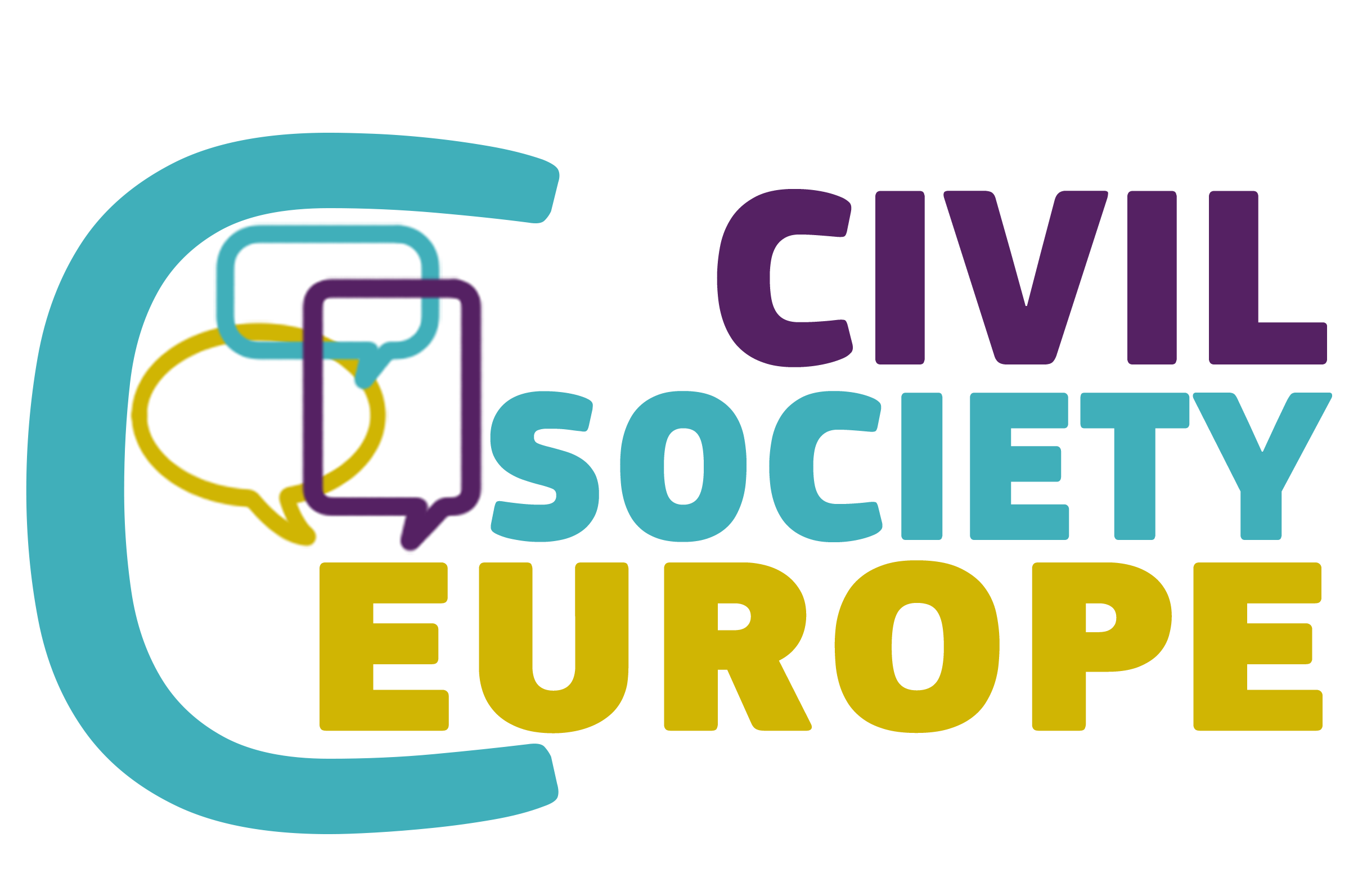Civil Society Europe has co-signed the statement with the European Students Union, OBESSU – the Organising Bureau of European School Students Unions, and the Lifelong Learning Platform.
The NextGenerationEU instrument was announced last year as the biggest single investment of the European Union, mounting up to 750 billion euros, with the Recovery and Resilience Facility (RRF) as its central instrument. The approval of NextGenerationEU promises to be a part of the greater plan to build green and digital societies while also recovering from the crisis brought by the COVID-19 pandemic.
We welcome the fact that youth and education feature among the priorities of the RRF under the pillar policies for the next generation. However, this aim will not be achieved without the engagement of relevant stakeholders, as they represent the constituencies that will be affected by the transformations promoted by the plan, making their involvement crucial in terms of democratic representation and effective implementation of the policies.
Our members and partners – mainly civil society organisations operating in the field of youth and education highlighted their systematic exclusion from the consultation phase of the NRRPs. Either caused by a collateral lack of transparency or deliberate lack of involvement, many civil society organisations did not have an opportunity to contribute to the NRRPs and steer them towards the needs and priorities of their constituents. This is also elaborated on further in the commentary section of the statement with concrete national examples. This is not only indirect contrast with the provisions of the Regulation (EU)2021/241 of the European Parliament and of the Council on establishing the Recovery and Resilience Facility 1, which the European Commission must uphold during the evaluation phase of the National Plans; it is also a threat to the quality of our democracies and to the effectiveness in addressing the needs of our societies.
To build trust with the new generation and empower them to be active citizens of the EU, the status quo cannot continue in the upcoming phases. Thus, we hereby strongly condemn the practices that many national authorities used to draft their NRRPs, and we underline the importance of meaningful engagement with all 1 Article 18, point 4, letter q) of the Regulation: “for the preparation and, where available, for the implementation of the recovery and resilience plan, a summary of the consultation process, conducted in accordance with the national legal framework, of local and regional authorities, social partners, civil society organisations, youth organisations and other relevant stakeholders, and how the input of the stakeholders is reflected in the recovery and resilience plan”.
Stakeholders during the rest of the process to ensure previous negligence will not appear again. We therefore call the European Commission to:
-
- Thoroughly assess the way in which the Member States involved stakeholders, such as student and youth organisations, as well as educational and training providers and civil society organisations active in lifelong learning, in determining the allocation of funds and the proposed priorities regarding education and youth sectors, as requested by the Regulation establishing the RRF, publish a separate report on the involvement of the civil society organisations by the Member States during this phase and, if found to be non-compliant with the Regulation, to take relevant action on this matter;
-
- Properly address the degree to which the NRRPs fulfil the European Regulation’s expectations in regard to supporting the “children and youth, including education and skills” pillar, especially in relation with the European Semester Recommendations;
-
- Involve European stakeholders in evaluating the way in which civil society organisations were able to contribute to the NRRPs and in the way they are involved as relevant stakeholders in the implementation phase. We furthermore call the national governments of the Member States of the European Union which did not consult student, youth, and civil society organisations to reorient their practices and meaningfully involve these categories and their representatives in the implementation phase of the NRRPs, ensuring the activities laid out there in meet their needs. Student and youth organisations, and educational and training providers and the wider civil society organisations are key in ensuring an equitable and effective recovery: our organisations will keep monitoring the EU and national measures for the NextGenerationEU, ensuring that the measures implemented will meet our constituents’ needs and benefit them, while also working towards their participation, as well as of their representative organisations, in the implementation of the NRRPs.

